SAP Implementation Service
IKYAM provides industry best practices for successful ERP implementation, ensuring that your business processes are optimized and streamlined. Our SAP Implementation Services are designed to deliver seamless integration and customization, tailored to meet the specific needs of your organization. With our expert team, we guide you through every step of the process, ensuring that our SAP Implementation Services align perfectly with your strategic goals. Trust IKYAM to provide you with the most reliable SAP Implementation Services that not only enhance operational efficiency but also drive long-term business success.
Sign up for a free Consultation from an Ikyam ERP Expert
SAP Implementation Service
IKYAM provides industry best practices for successful ERP implementation.



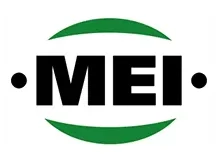


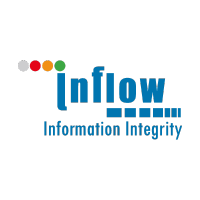











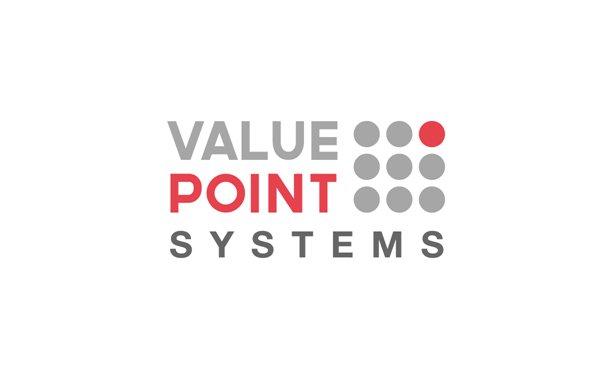

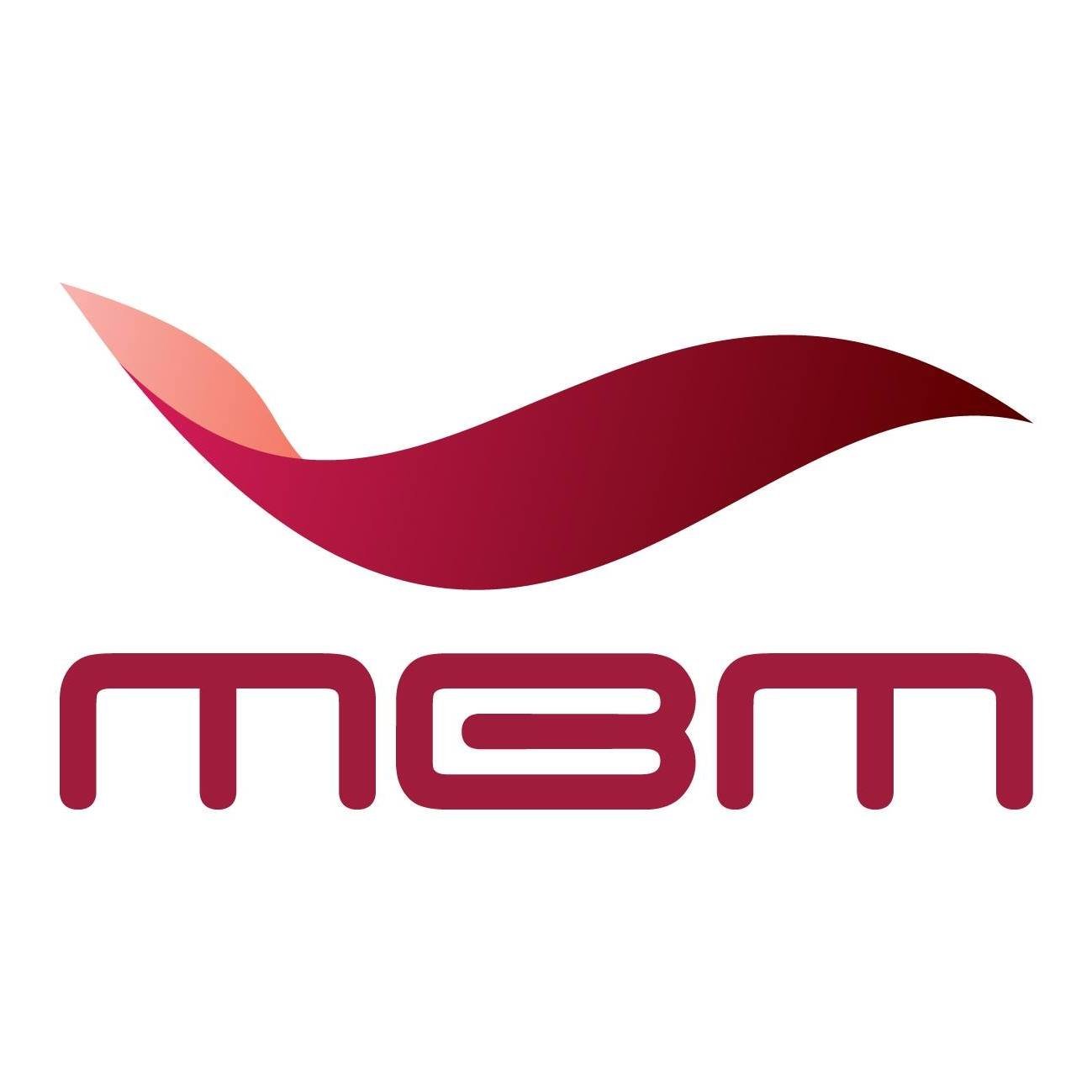





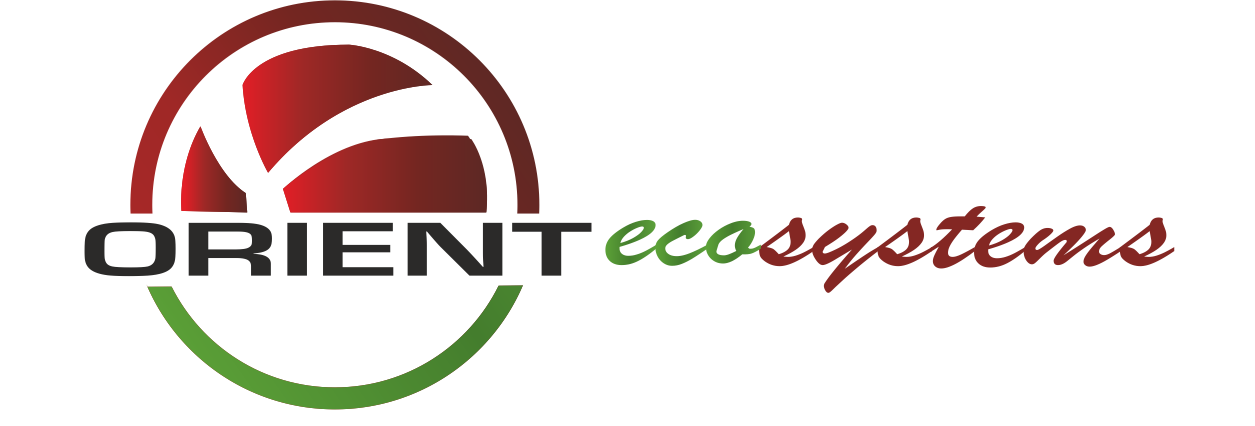

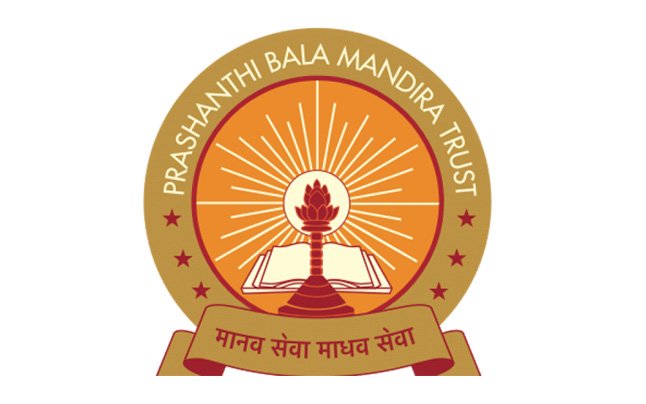

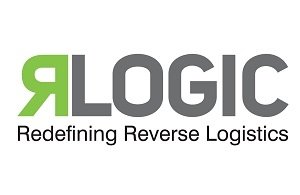


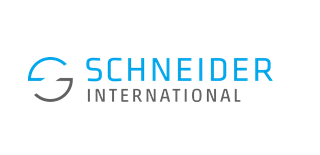

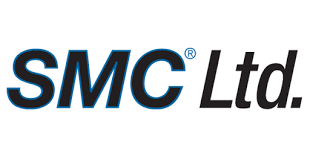
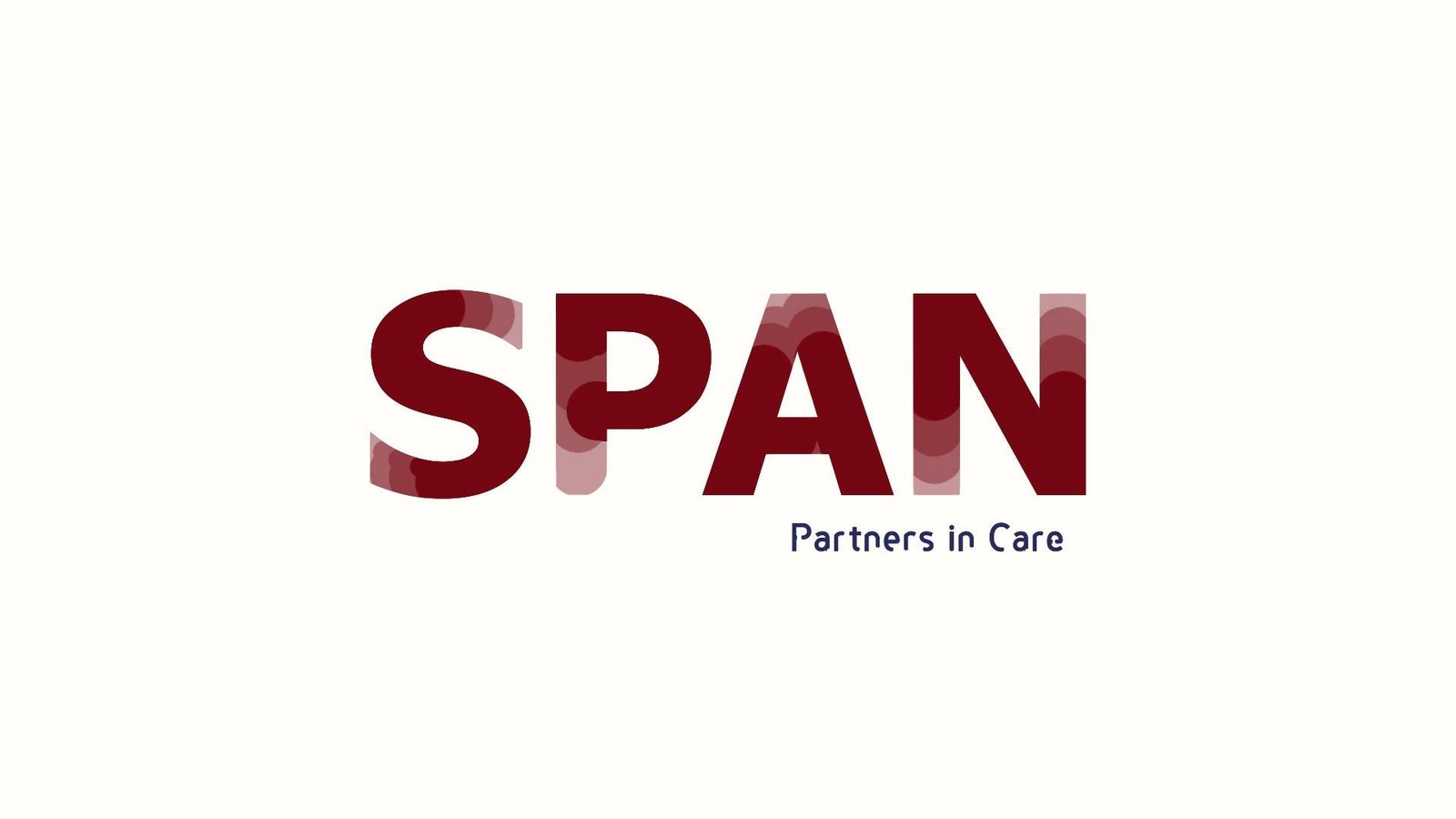




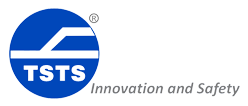
















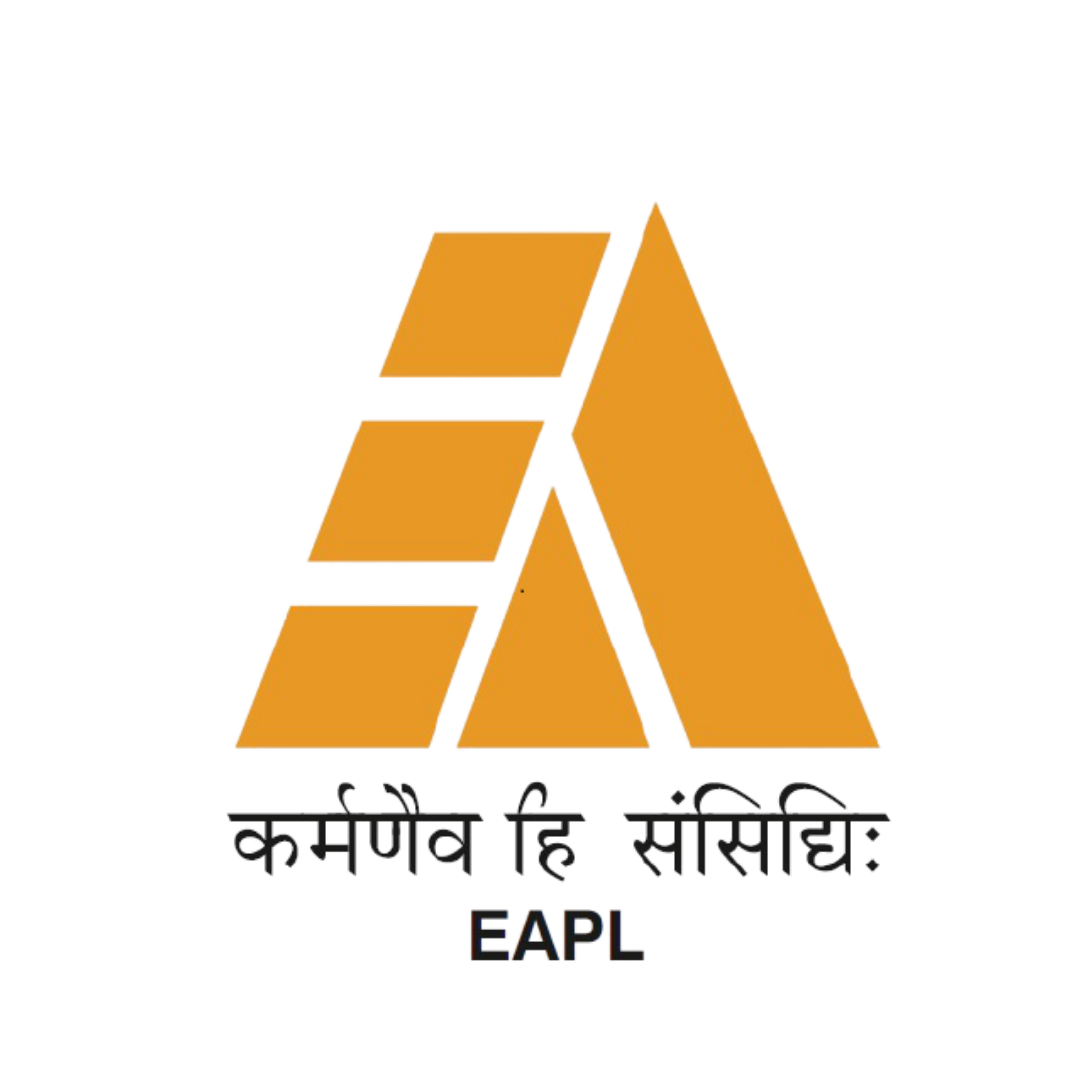






SAP Implementation Service From Ikyam
IKYAM provides SAP Implementation Services that are meticulously tailored to consider the unique needs and current state of each customer, ensuring a smooth transition to new business processes. Our approach emphasizes aligning the SAP Implementation Services with the specific goals and requirements of your organization. By focusing on key deliverables, we guarantee project quality and successful outcomes. Every method we employ in our SAP Implementation Services is designed to minimize disruption and maximize efficiency.
IKYAM’s team of experts works closely with your business, providing comprehensive support and guidance throughout the implementation journey. We understand that every business is different, which is why our SAP Implementation Services are flexible and adaptive, ensuring a perfect fit for your organization’s unique challenges and opportunities.

In addition to our rigorous methodology, IKYAM follows agile practices to perform key activities at critical stages of the project. This agile approach within our SAP Implementation Services allows us to engage with customers at the right moments, reducing risks and enhancing collaboration. By involving stakeholders early and often, our SAP Implementation Services ensure that potential issues are identified and addressed proactively.
This customer-centric approach is a cornerstone of our SAP Implementation Services, enabling us to deliver results that not only meet but exceed expectations. IKYAM is committed to delivering SAP Implementation Services that are not only efficient but also sustainable, setting the foundation for long-term business success. Our SAP Implementation Services are designed to empower your business, providing the tools and insights needed to thrive in an increasingly competitive market.
Stages of ERP Implementation
Why Choose Ikyam’s SAP Implementation Services
PLANNING
BUSINESS BLUEPRINTING
REALIZATION
FINAL PREPARATION
GO LIVE & SUPPORT

Key Benefits
Quick to implement, comprehensive cloud solution backed by proven business process.
Gain full transparency and insights in your business with analytics that are a part of every process.
Delivered in cloud, proven track-record of innovation, ongoing investment and backed by SAP.
What Sets Us Apart

EXPERTISE
Our team has extensive experience in SAP implementation, allowing us to deliver customized solutions that meet your business requirements.

END-TO-END SERVICE
We cover the entire project lifecycle, ensuring a smooth and successful implementation.
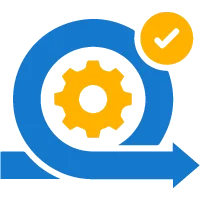
AGILE METHODOLOGY
Our flexible approach adapts to changing business needs and requirements, delivering solutions aligned with your goals.

CUSTOMIZATION AND INTEGRATION
We provide customized solutions that integrate seamlessly with your existing systems and processes.

CONTINUOUS SUPPORT
Our commitment to your success doesn’t end with the implementation. We provide continuous support and maintenance services.

COST-EFFECTIVE SOLUTIONS
Our solutions deliver maximum value for your investment, helping you achieve your business goals while staying within your budget.

CUSTOMER-FOCUSED APPROACH
We work closely with you to understand your unique challenges and opportunities, delivering solutions that exceed your expectations.

PROVEN TRACK RECORD
We have a proven track record of successful SAP implementations for businesses of all sizes and across various industries.
Industries We Serve
IKYAM is committed to delivering tailored SAP Implementation Services that cater to the unique needs of various industries. Our SAP Implementation Services are designed to seamlessly integrate with your business operations, ensuring a smooth transition and minimal disruption. By leveraging our SAP Implementation Services, businesses can achieve greater agility, optimize their resources, and respond quickly to market changes. Our expert team provides end-to-end SAP Implementation Services, guiding you through every step of the process to ensure a successful deployment. Partner with IKYAM for SAP Implementation Services that not only meet but exceed your business objectives. With our SAP Implementation Services, you can unlock new opportunities and drive sustained growth in today’s dynamic market.
Healthcare
Revolutionize your Healthcare Company with SAP.
Our modules offer a full set of digital solutions that your organization can use to make healthcare available anywhere, at any time. Save cost, improve patient satisfaction and increase productivity & efficiency from a single stack.
Manufacturing
Empowering Organizations with Digital Transformation.
Master your Business Challenges with SAP ERP for Manufacturing. Automate every part of your manufacturing business with SAP ERP for manufacturing. Optimize workflows, stay compliant with Industry regulations and gain critical insight into every aspect of your business performance.
Education
Streamline, Improve, & Increase Revenue for Your Institution.
Comprehensive solutions for Higher Education Institutions. Manage finances, HR, procurement and logistics leading to improved student outcomes. Take control of your institute with Ikyam ERP
solutions today.
Wholesale Distribution
Scale Your Wholesale Distributor Business with SAP.
Leverage automated invoicing, order management, and inventory tracking for efficient business operations. Manage business operations on the go with the integrated mobile app.
Chemicals
Maximizing Productivity and Profitability with Innovative Solutions
The chemicals industry faces a range of challenges, from volatile market conditions to complex supply chain management. To succeed in this dynamic environment, chemical companies need to optimize their operations, reduce costs, and increase efficiency. The result is improved productivity, reduced costs, and increased profitability.
Consumer Products
Streamlining Operations for Increased Profitability in Consumer Goods.
Provides consumer products companies with advanced capabilities to enhance their retail operations, optimize supply chain management, and elevate their customer experience. These solutions empower companies to make data-driven decisions, manage inventory more efficiently, and quickly adapt to market changes.
Life Sciences
Innovation and Efficiency in Life Sciences Operations
The life sciences industry is undergoing rapid changes, with increased competition and complex regulatory requirements. To stay ahead in this highly competitive landscape, life sciences organizations can leverage advanced analytics, real-time data insights, and automation to drive innovation, accelerate growth, and achieve operational excellence.
Mill Products
Innovating Production Processes for Competitive Advantage.
Offers mill products companies advanced capabilities to streamline production processes, improve supply chain management, and elevate their customer service. These solutions empower mill products companies to enhance their operational efficiency, trim costs, and enhance the quality of their products.
Automotive
Delight your customers with SAP for Automotive Businesses.
Streamline your supply chain, track inventory with clarity, full orders with speed and reach more potential customers with customized marketing campaigns. Gain the power of efficiency, all from one solution with SAP.
Engineering, Constructions & Operations
Advancing Operations and Mitigating Risks
Enable engineering, construction, and operations companies to optimize resource allocation, enhance project management, and mitigate risks. With Ikyam’s solutions, companies can streamline their operations, increase efficiency, and improve profitability, leading to greater competitiveness and customer satisfaction.
Professional Services
Elevating Business Consulting for Growth and Success
Provide professional services companies with advanced tools to optimize their consulting services, enhance their project management, and improve customer engagement. These solutions empower companies to make data-driven decisions, streamline their operations, and quickly adapt to market changes.
Utilities
Enhancing Efficiency and Customer Satisfaction
To succeed in this rapidly changing landscape, utilities companies need to optimize their operations, improve their efficiency, and enhance customer satisfaction. With Ikyam’s SAP solutions, utilities companies can streamline their processes, optimize their asset management, and improve their customer service.
Healthcare
Revolutionize your Healthcare Company with SAP.
Our modules offer a full set of digital solutions that your organization can use to make healthcare available anywhere, at any time. Save cost, improve patient satisfaction and increase productivity & efficiency from a single stack.
Manufacturing
Empowering Organizations with Digital Transformation.
Master your Business Challenges with SAP ERP for Manufacturing. Automate every part of your manufacturing business with SAP ERP for manufacturing. Optimize workflows, stay compliant with Industry regulations and gain critical insight into every aspect of your business performance.
Education
Streamline, Improve, & Increase Revenue for Your Institution.
Comprehensive solutions for Higher Education Institutions. Manage finances, HR, procurement and logistics leading to improved student outcomes. Take control of your institute with Ikyam ERP
solutions today.
Wholesale Distribution
Scale Your Wholesale Distributor Business with SAP.
Leverage automated invoicing, order management, and inventory tracking for efficient business operations. Manage business operations on the go with the integrated mobile app.
Chemicals
Maximizing Productivity and Profitability with Innovative Solutions
The chemicals industry faces a range of challenges, from volatile market conditions to complex supply chain management. To succeed in this dynamic environment, chemical companies need to optimize their operations, reduce costs, and increase efficiency. The result is improved productivity, reduced costs, and increased profitability.
Consumer Products
Streamlining Operations for Increased Profitability in Consumer Goods.
Provides consumer products companies with advanced capabilities to enhance their retail operations, optimize supply chain management, and elevate their customer experience. These solutions empower companies to make data-driven decisions, manage inventory more efficiently, and quickly adapt to market changes.
Life Sciences
Innovation and Efficiency in Life Sciences Operations
The life sciences industry is undergoing rapid changes, with increased competition and complex regulatory requirements. To stay ahead in this highly competitive landscape, life sciences organizations can leverage advanced analytics, real-time data insights, and automation to drive innovation, accelerate growth, and achieve operational excellence.
Mill Products
Innovating Production Processes for Competitive Advantage.
Offers mill products companies advanced capabilities to streamline production processes, improve supply chain management, and elevate their customer service. These solutions empower mill products companies to enhance their operational efficiency, trim costs, and enhance the quality of their products.
Automotive
Delight your customers with SAP for Automotive Businesses.
Streamline your supply chain, track inventory with clarity, full orders with speed and reach more potential customers with customized marketing campaigns. Gain the power of efficiency, all from one solution with SAP.
Engineering, Constructions & Operations
Advancing Operations and Mitigating Risks
Enable engineering, construction, and operations companies to optimize resource allocation, enhance project management, and mitigate risks. With Ikyam’s solutions, companies can streamline their operations, increase efficiency, and improve profitability, leading to greater competitiveness and customer satisfaction.
Professional Services
Elevating Business Consulting for Growth and Success
Provide professional services companies with advanced tools to optimize their consulting services, enhance their project management, and improve customer engagement. These solutions empower companies to make data-driven decisions, streamline their operations, and quickly adapt to market changes.
Utilities
Enhancing Efficiency and Customer Satisfaction
To succeed in this rapidly changing landscape, utilities companies need to optimize their operations, improve their efficiency, and enhance customer satisfaction. With Ikyam’s SAP solutions, utilities companies can streamline their processes, optimize their asset management, and improve their customer service.
What Our Valued Customers Have to Say

Start Your Digital Transformation Journey.
Our state-of-the-art SAP services and solutions are tailored for small and medium-sized businesses, MSMEs, and large corporations, enabling them to enhance and transform into intelligent enterprises.


“Ikyam Solutions are professionals with great knowledge on SAP Business One, able to quickly deliver solutions within agreed timelines.”